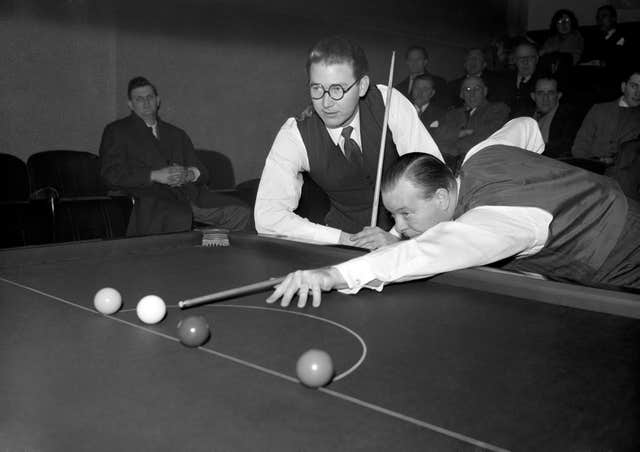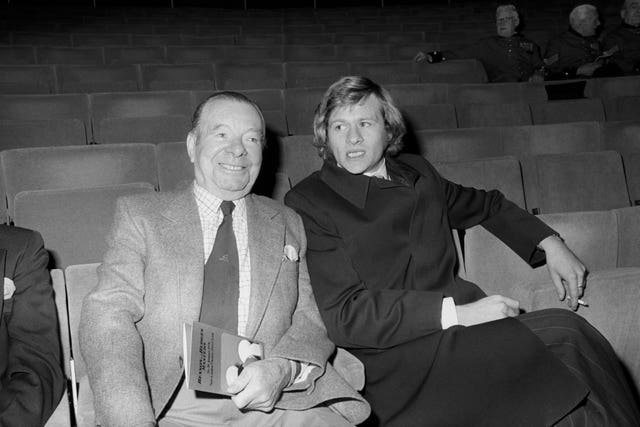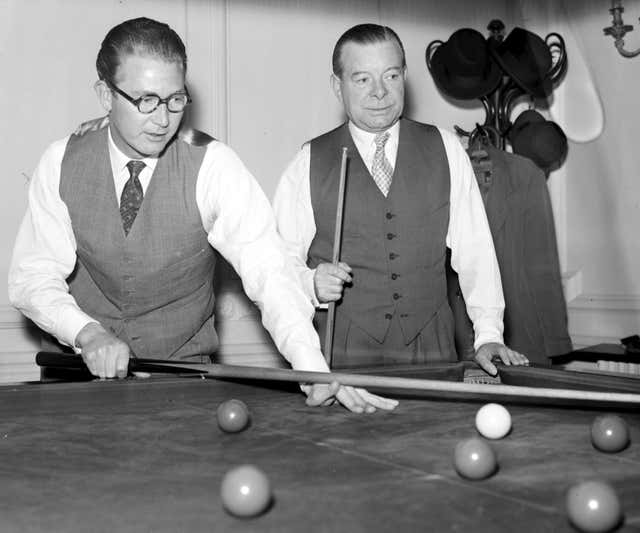Ronnie O’Sullivan credits Joe Davis as inspiration for sixth world title victory
O’Sullivan and Davis are widely regarded as the greatest players of their respective snooker eras.

Ronnie O’Sullivan has cited snooker’s first champion Joe Davis as his inspiration for surging to a sixth world title win over Kyren Wilson at the Crucible.
O’Sullivan and Davis are widely regarded as the greatest players of their respective snooker eras, and while the modern game is barely recognisable, there remain many startling similarities between the pair.
Davis won the first 15 World Championships before retiring undefeated after his 1946 triumph over Horace Lindrum, a match Davis won 78-67 over a period of 16 days.

At the time of his decision, he was only 45 years old and would continue to play professional snooker for another 18 years, rejecting any temptation to return to a tournament which he felt offered such a paltry financial reward, and focusing instead on exhibitions.
O’Sullivan, too, has endured an uneasy relationship with the sport’s biggest event, railing against the conditions at the Crucible and frequently suggesting he might withdraw in order to focus on priorities elsewhere.
Davis and O’Sullivan are both renowned as prolific break builders – Davis compiled 687 centuries in his career, including breaks of 133 and 136 against Lindrum, the former taking just seven minutes and 15 seconds, foreshadowing O’Sullivan’s famous five-minutes-and-20-seconds maximum break at the Crucible in 1997.

Both players were equally adept playing with either hand, a technique Davis would put down to being asked to play left-handed in matches for money in miners’ clubs, on account of it being almost impossible to beat him were he playing from his natural stance.
O’Sullivan has turned ambidextrousness into an art form, although it was not always so celebrated. Alain Robidoux became so enraged by his tactics in their 1996 first-round clash that he refused to shake O’Sullivan’s hand afterwards, and BBC commentator John Virgo described him as “taking the mick”.
Whilst O’Sullivan repeatedly complains about a flawed cue action in comparison with some of his rivals, Davis was hampered by an inability to focus through his right eye. Despite his handicap, he lost only four recognised matches in his entire career.

>
Davis’s book, “How I Play Snooker”, which was first published in 1949, three years after his final world triumph over Lindrum, has been frequently re-published and it is not only O’Sullivan who is able to cite it as a major inspiration in his career.
Steve Davis referred to being given a copy of the book by his father at the age of 12, whilst Davis, who died in 1978, lived just long enough to witness the birth of the sport’s modern age, acting as a role model to the likes of Alex Higgins.
Discussions about the sport’s all-time greats tend to refer only to those who have graced the Crucible. But O’Sullivan’s allusions to Davis have hauled the man who can truly be regarded as the father of snooker into the minds – and cue actions – of a whole new generation of fans.





